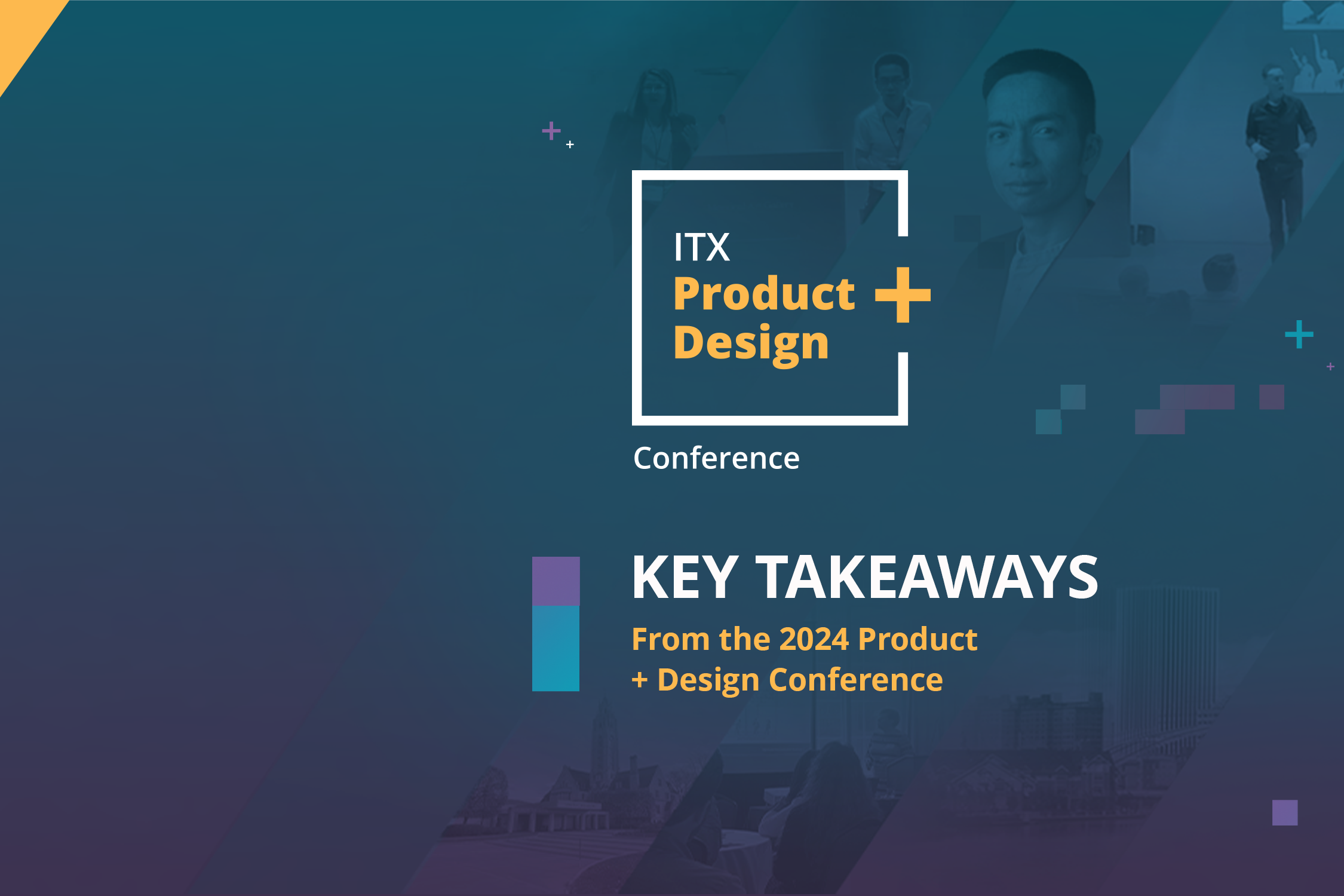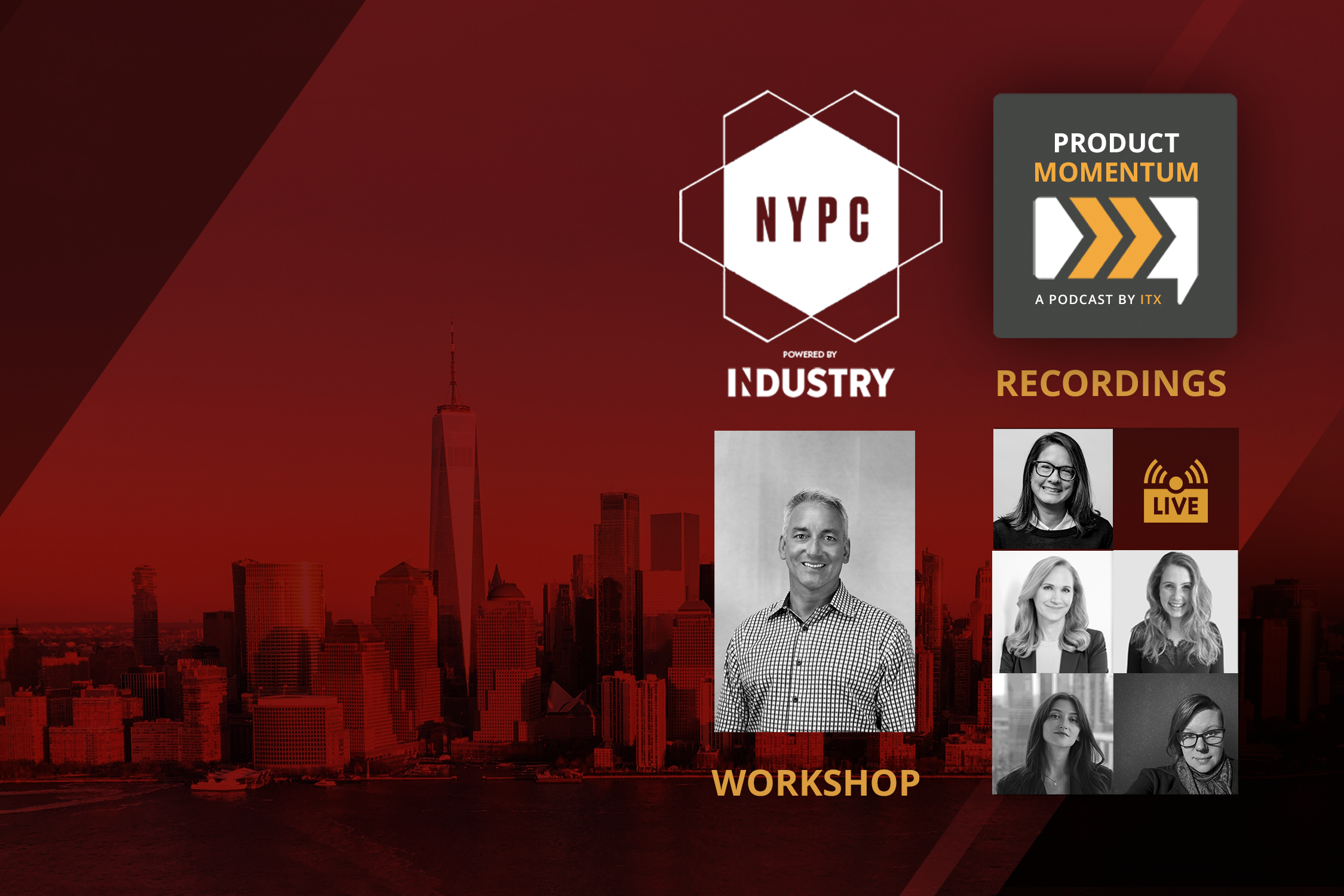Content Creation and Management: Why Less is More
As writers and content builders, we enjoy the creative process. So much so, that we often fall into the “if some is good, more is better” trap. As we know, this is rarely true. Finding the right balance between content length, simplicity, and clarity is essential in satisfying your audience. Our task is to place limits on the creative process and embrace a “Less Is More” mindset.
Is there such a thing as the right amount of Content? Of simplicity? Of clarity? As with all writing concerns, the right answer requires more than a prescriptive, one-and-done response. So much is audience dependent. Human nature is amazingly complex and sometimes confusing; it requires us as creators to explore each creation subjectively, mindful of each audience’s expectations.







